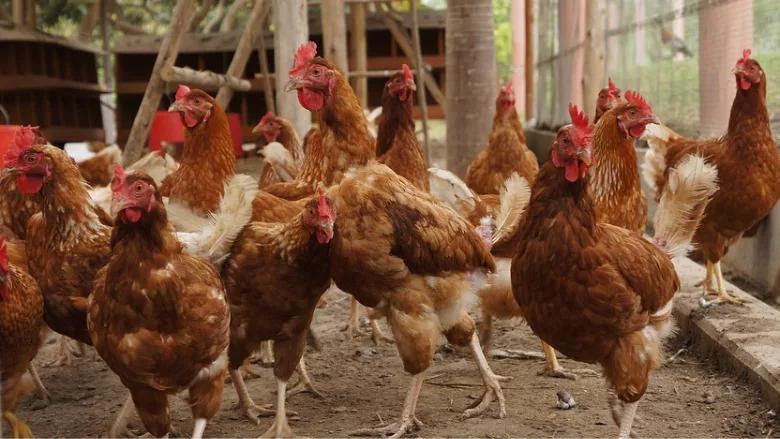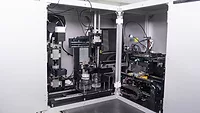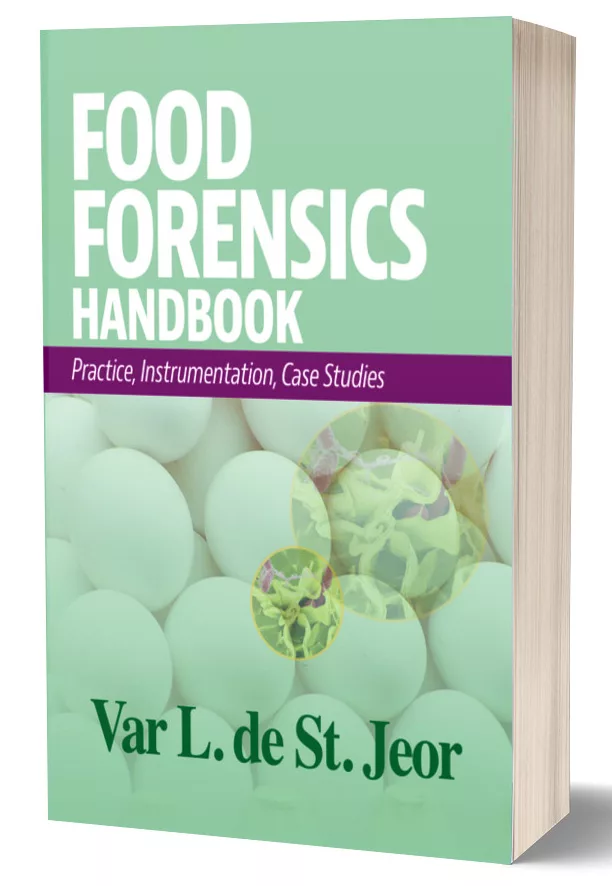Researchers to Develop Rapid Biosensor Pathogen Test

A research team led by Michigan State University (MSU), in partnership with Tuskegee University, has received a $769,000 grant to develop a rapid biosensor test for foodborne pathogens. The grant is funded by the U.S. Department of Agriculture’s National Institute of Food and Agriculture (USDA’s NIFA), and the project will be supported by NIFA’s Agriculture and Food Research Initiative.
Once developed, the rapid biosensor test is intended for onsite use at poultry farms and processing facilities to inspect large samples for Salmonella and Campylobacter. USDA’s Economic Research Service reports that the U.S. economic burden of Salmonella and Campylobacter exceeded $6 billion in 2018. Additionally, according to the project’s researchers, poultry products are one of the most common sources of foodborne pathogen infections.
Pathogen detection is currently achieved through traditional bacterial culturing, which is a time-consuming process. Existing rapid tests are costly, and conducting such tests often requires trained personnel with access to a laboratory setting. The project’s researchers hope to create rapid tests that are inexpensive, accessible, and easy-to-use, so that they can be widely implemented across various industries.
The research team aims to optimize existing biosensor technologies to develop a cell phone application that captures and analyzes test data. The team will also validate the process at several poultry farms and processing facilities. Preliminary results showed that the biosensor is able to detect the genomic DNA of foodborne pathogens in approximately one hour.
The MSU research team is led by Evangelyn Alocilja, Ph.D., who personally developed the biosensor technology on which the project is based. Dr. Alocilja is a professor at the MSU Department of Biosystems and Agricultural Engineering. Tuskeegee University’s contributions to the project will be led by Woubit Abebe, Ph.D., D.V.M., who is a professor at and director of Tuskeegee’s Center for Food Animal Health and Food Safety. Dr. Alocilja stated that her engineering expertise, combined with Dr. Abebe’s background in veterinary medicine, makes for a unique partnership that simultaneously considers human health, animal health, and food safety.
The project’s outcomes will be shared at conferences and events across the U.S. through extension-based outreach efforts. Dr. Alocilja will also use her role as the founder of the Global Alliance for Rapid Diagnostics to share the project’s outcomes with international colleagues. Dr. Alocilja hopes that the technology developed by the project will improve food safety and profitability by helping food processors quickly deliver safe products to consumers.
Looking for quick answers on food safety topics?
Try Ask FSM, our new smart AI search tool.
Ask FSM →









